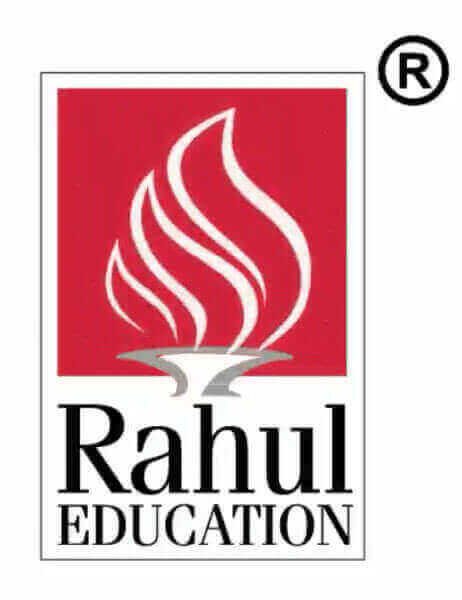Institutional Distinctiveness
Institutional Distinctiveness
Legal Education Synergy Framework (LESF) at SLRTCL: A Multidisciplinary and Interdisciplinary Approach
Shree L.R. Tiwari College of Law (SLRTCL) has carved out a unique position in legal education through its innovative Legal Education Synergy Framework (LESF). This framework is designed to promote a multidisciplinary and interdisciplinary approach to legal studies, aligning seamlessly with the vision outlined in the National Education Policy (NEP) 2020. It emphasizes a flexible and collaborative learning environment that prepares students for the complexities of modern professional challenges.
The LESF integrates law with various disciplines such as engineering, architecture, education, and commerce, equipping students with the skills to navigate intricate legal landscapes. This approach not only enhances legal education but also produces well-rounded legal professionals capable of addressing multifaceted issues.
Core Elements of LESF: Multidisciplinary and Interdisciplinary Learning
At the heart of the LESF lies the principle of breaking traditional academic silos. SLRTCL actively encourages cross-functional collaboration with institutions like Shree L.R. Tiwari College of Engineering (SLRTCOE), Shree K.L. Tiwari College of Architecture (SKLTCA), Rahul College of Education (RCE), and Shree L.R. Tiwari Degree College (SLRTDC). This collaborative spirit enriches the educational experience, providing law students with insights into real-world problems and broadening their understanding of legal implications across various sectors.
Value-Added Courses and Initiatives
SLRTCL has introduced numerous value-added courses that encompass a wide array of topics, reflecting its commitment to interdisciplinary education. Subjects such as cybersecurity, corporate law, intellectual property rights (IPR), consumer protection, virtual law enforcement, and environmental law are now integral to the curriculum. Additionally, seminars on pertinent topics like POCSO, Chanakya Niti, investment awareness, and gender-based violence highlight the college’s dedication to addressing contemporary legal and social issues.
Guest Lectures: Bridging Academic Gaps
Between 2018 and 2023, SLRTCL has taken significant strides by encouraging its faculty members to conduct guest lectures across various institutions and disciplines. This initiative embodies the college’s commitment to creating a holistic educational atmosphere where students from different backgrounds can benefit from legal insights.
The importance of these guest lectures lies in their ability to connect different fields of study, enriching the academic experiences of both law students and their peers. By discussing themes such as ethics, human rights, and governance, these lectures foster valuable interdisciplinary connections. This collaborative approach enhances critical thinking skills and deepens students’ understanding of the law’s impact on various sectors.
Enhancing Critical Thinking and Real-World Understanding
Through the integration of diverse academic perspectives, SLRTCL prepares students to tackle complex challenges with a well-rounded approach. The multidisciplinary framework nurtures critical thinking, enabling students to analyze legal issues from multiple angles. This educational model reinforces the idea that effective learning transcends disciplinary boundaries, equipping students to address intricate real-world problems.
Conclusion
The Legal Education Synergy Framework at Shree L.R. Tiwari College of Law sets a new standard for legal education by fostering a multidisciplinary and interdisciplinary learning environment. By collaborating with other disciplines and offering value-added courses, SLRTCL not only enriches its curriculum but also prepares students to become versatile legal professionals ready to confront the challenges of an interconnected world. Through initiatives like guest lectures, the college continues to cultivate a culture of collaboration and critical inquiry, underscoring the belief that education is most effective when it embraces a holistic perspective.


